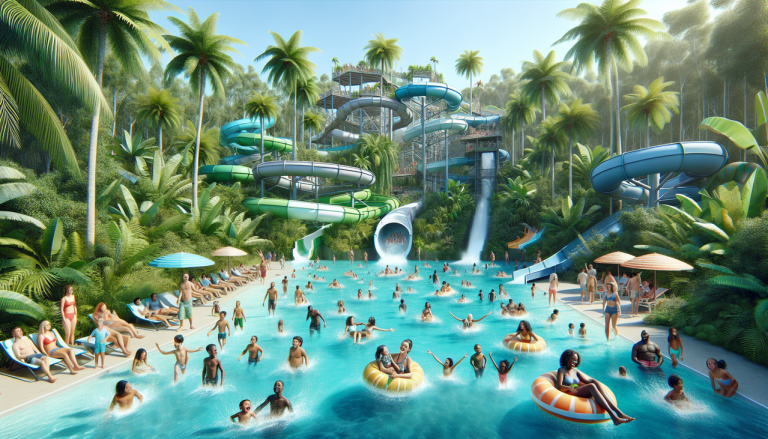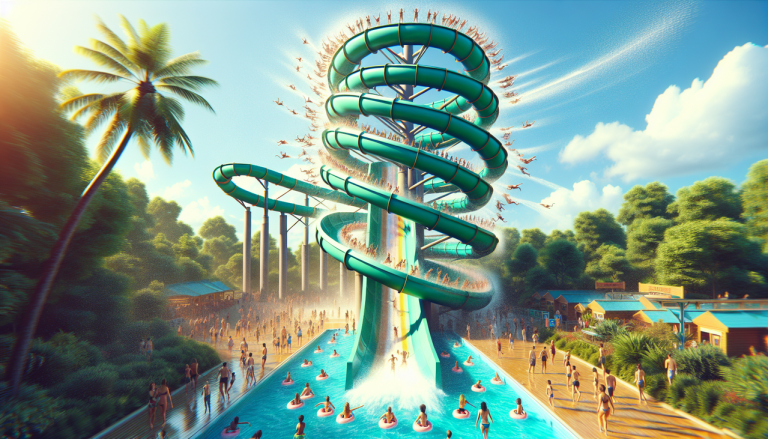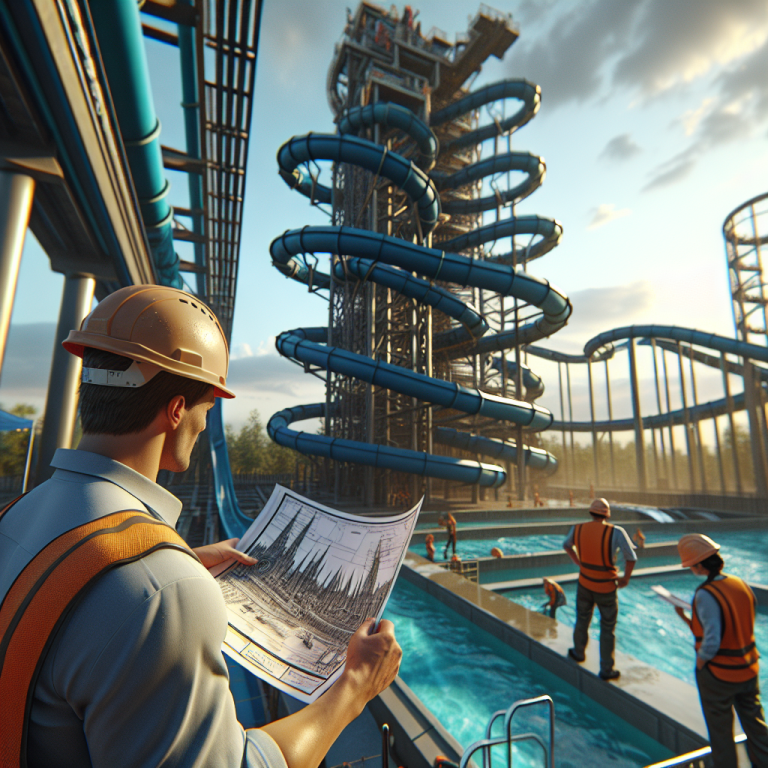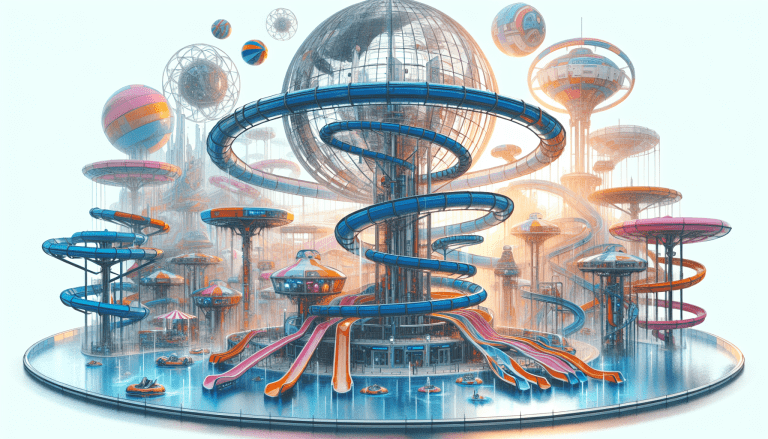Effective Capacity Management in Theme Parks
Audio:
Text:
Today, we’re diving into the world of capacity management in theme parks, specifically water parks. Why focus on these attractions? Well, theme parks, particularly water parks, are among the most densely populated tourist spots. Unlike expansive natural attractions, theme parks are often situated on limited urban or suburban land, where high land costs necessitate maximising space to accommodate as many visitors as possible. This makes them unique in their need for efficient capacity management.
Take, for instance, Shenzhen’s Happy Valley, which spans over 500 mu but attracts nearly 4 million visitors annually. On average, more than 10,000 people enter the park daily, with numbers soaring to 30,000 during peak weekends. In such a compact area, effective capacity management and tourist flow strategies are crucial. This is a significant aspect of modern theme park management, essential for handling large crowds efficiently.
Understanding and Managing Tourist Flow
To successfully manage tourist capacity in theme parks, two key prerequisites must be met. Firstly, there must be a precise understanding of tourism flow fluctuations. This means recognising and predicting seasonal patterns to prepare accordingly. Secondly, there must be adequate measures in place to control, regulate, and divert tourist flow. Without specific control strategies and compatible hardware, such as water slide equipment, and software management systems, effective management is unattainable. Meeting these conditions is fundamental for any park aiming to implement a robust capacity management strategy.
Challenges in High-Density Tourist Areas
While many natural and heritage sites have vast areas, allowing for simple diversion tactics during peak times, theme parks face a different challenge. High tourist density is a constant reality, necessitating regular and sophisticated flow control measures. Unlike natural attractions, where opening new pathways might suffice, theme parks require ongoing, strategic management to ensure a smooth visitor experience.





